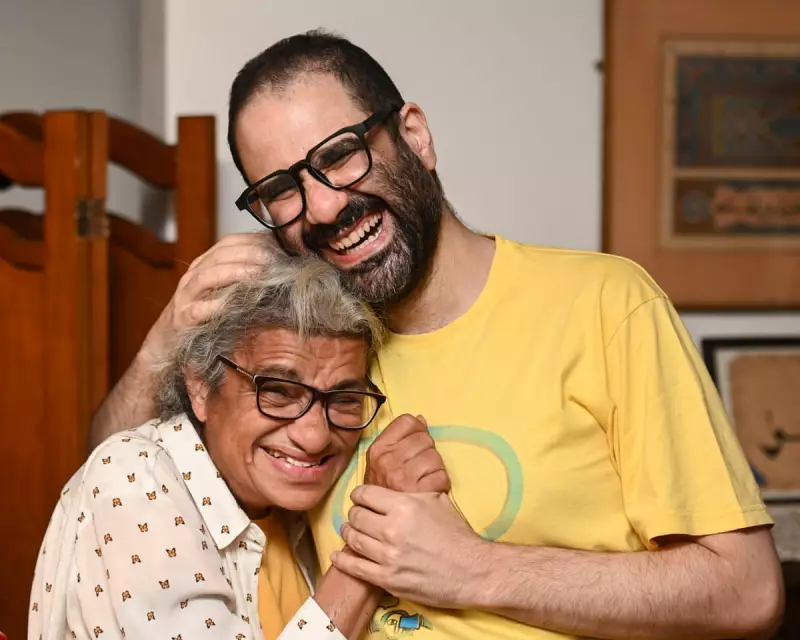
Egyptian authorities have prevented recently freed British-Egyptian activist Alaa Abd El-Fattah from travelling to the United Kingdom, his family has confirmed. The prominent writer and human rights campaigner was stopped at Cairo International Airport while attempting to board a flight to London with his sister on Tuesday morning.
Airport Confrontation and Travel Restrictions
Abd El-Fattah was turned away by Egyptian passport control officials despite having been pardoned and released from prison in September. His sister, Sanaa Seif, revealed the travel blockade during her speech at the Magnitsky Human Rights Awards in London, where she accepted an award on her brother's behalf.
The activist had planned to attend two conferences in the UK, including the prestigious human rights ceremony. His travel status had remained uncertain since his release from Wadi El-Natrun prison on 22nd September, when President Abdel Fatah al-Sisi granted him a presidential pardon after more than a decade behind bars.
Family Separation and Ongoing Ordeal
The travel ban prevents Abd El-Fattah from reuniting with his 13-year-old son, Khaled, who lives with his mother in Brighton and attends a special educational needs school. While Khaled had visited his father in Egypt following the release, he has since returned to the UK.
Speaking emotionally at the awards ceremony, Sanaa Seif expressed her disappointment: "I wish my brother could be here tonight to accept this award. I wish he could be reunited with his son, Khaled, in Brighton."
The activist's mother, Laila Soueif, who shared the Courage Under Fire award with her son, had previously undertaken an extraordinary 287-day hunger strike to secure his freedom. She began her protest on 29th September 2024 and only ended it on 14th July 2025 after nearly dying twice during her hospitalisation at St Thomas' Hospital in London.
Uncertain Future and International Attention
Since his release, Abd El-Fattah has given several interviews to both British and Egyptian dissident media outlets, discussing his prison experiences and indicating he needed time to consider his future. His original imprisonment stemmed from charges of "spreading fake news" after he shared a Facebook post about torture practices in Egypt.
The ongoing travel restrictions raise fresh concerns about the true extent of his freedom and the Egyptian government's commitment to human rights reforms. The situation continues to draw international attention, particularly from human rights organisations and the British government, given Abd El-Fattah's dual citizenship status.





